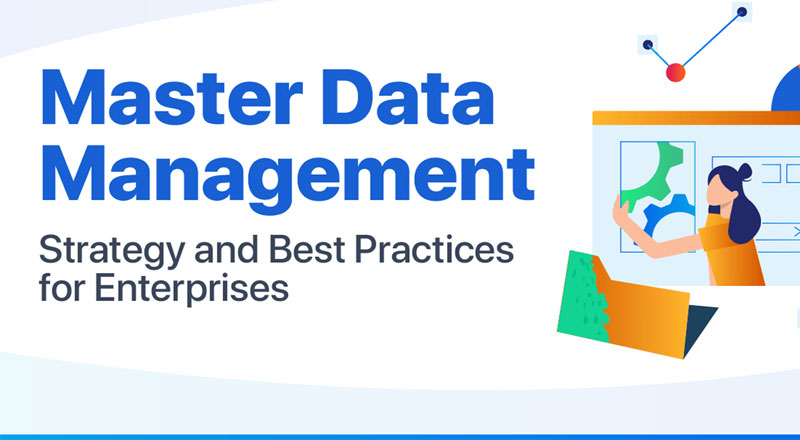Given the recent ban of the Chinese apps by the government, with citation of ‘Data Privacy’ as the concern. The pandemic has certainly induced many new ways of work and play into our already burgeoning digital have and havenots. Now people are spending more time online, as people were either working remotely or were pushed to keep themselves entertained within the realms of their home. The digital explosion opened a gateway for app developers –with many entertainment apps gaining momentum and new COVID related apps flourishing every day.
Today, data has immense value. Your data, for example, can be sold for advertisers to target, hackers to compromise, or other third parties to use for research or perhaps less malign intents. With more consumers taking to their smartphones and apps, the opportunities for hackers looking to misappropriate consumer data have undoubtedly increased to ten-fold to 44ZB this year. If these stats make you worry, I think it’s time to start asking these difficult questions as the game board keeps changing, with a new app surfacing every single day.
Secondly, to ensure your data is secure. One need to maintain the data -hygiene and management best practices, from business to individual use and dissemination. It is advisable to always use legitimate apps, only downloading them from fully accredited, legitimate platforms, and always using the most up-to-date versions of an app. For the super security-minded out there, you can even check the developer account that posted an app if you still aren’t convinced of its legitimacy.
These are early smoke signals and the sooner we employ a holistic modern protection approach to our data, the safer we are in the digital world.” The fact is the work devices have now become more vulnerable to cybercrimes and theft. Cybercriminals have been leveraging coronavirus related fears to defraud people and infiltrate systems. With this some 450 active email addresses and passwords were leaked online. This has made it imperative for organizations to ensure their employees are practicing digital hygiene.
Lastly, there is a need to enhance cloud ,Network monitoring and end-point security – Cloud environments enable organizations to enhance customer experiences, improve employee productivity and thrive, even in the remote working model. Cloud provides flexibility to employees to use the same productivity, collaboration and communication tools that they use on-premises with credentials for security. Going forward, the enterprises must continuously monitor their network and end-user security. Since this should be a round the clock function organizations must use AI-powered automated programs to check the system for irregularities or invasion attempts and prompt the IT teams in real-time to take relevant actions. Technologies such as endpoint detection and response can detect new attacks and attack permutations using machine learning and behavioral analytics.





